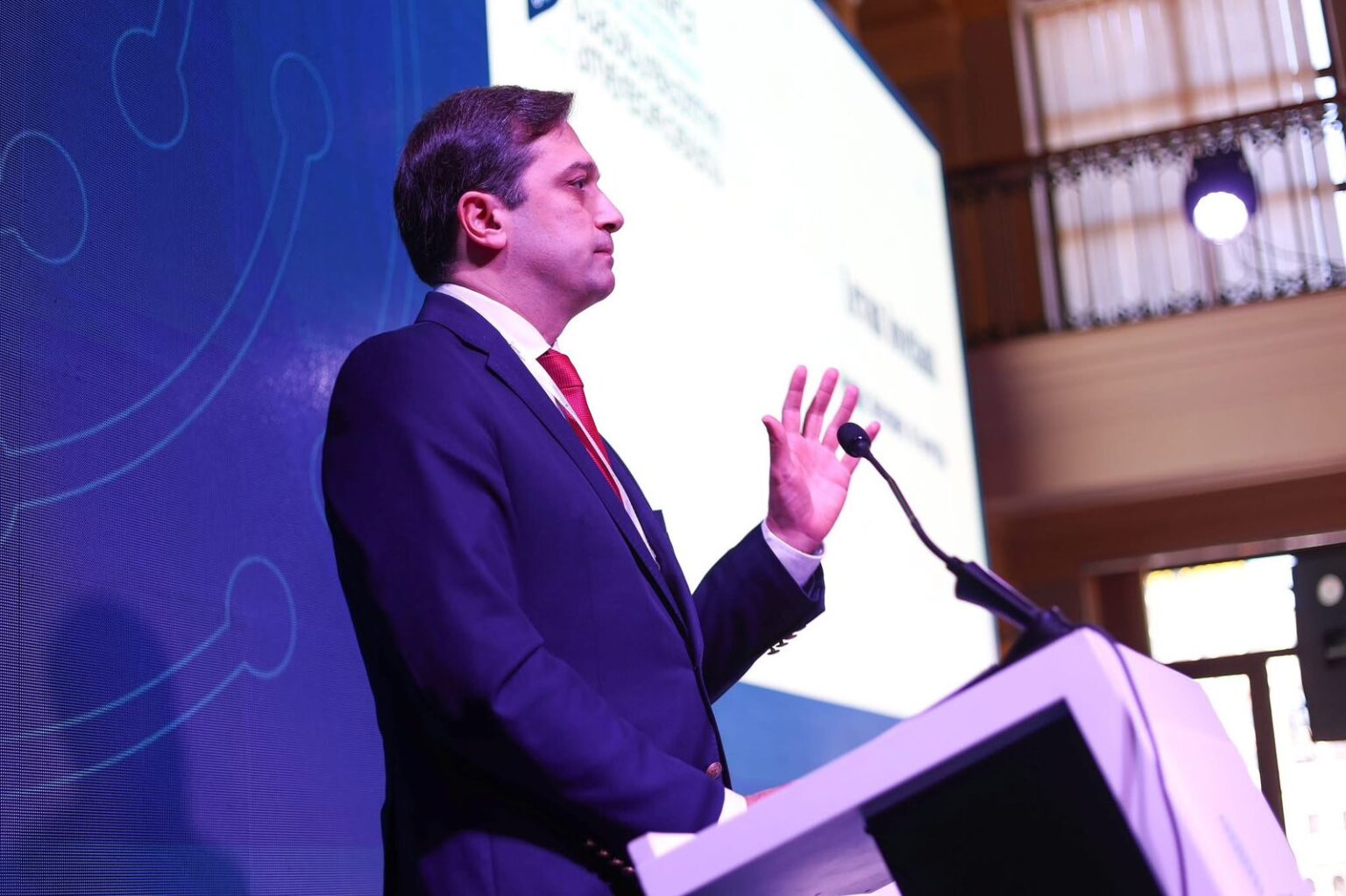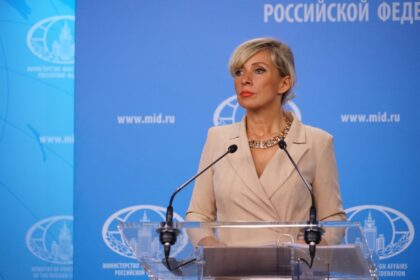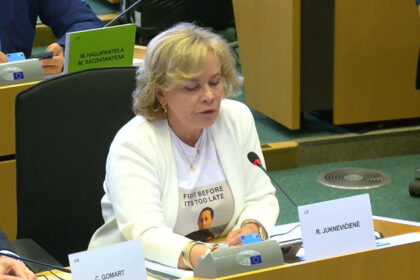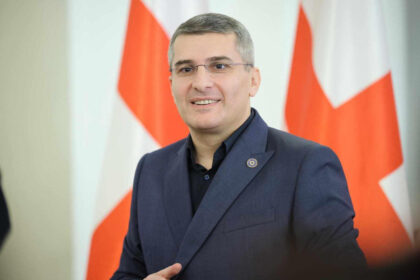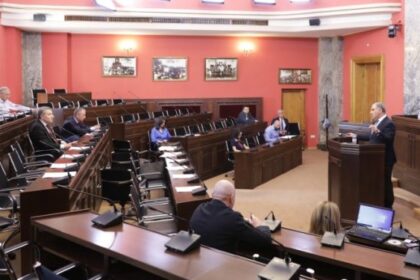**New Law Sparks Concerns in Georgia**
A new law in Georgia, modeled after the US Foreign Agents Registration Act (FARA), has come into effect. The legislation requires individuals who work for foreign principals to register with a special registry. But critics are worried that this law might be used to silence opposition voices.
The Georgian version of FARA was passed by the country’s one-party parliament, and it took effect on May 31. Under this law, people who represent foreign interests must register their activities with the authorities. Those who don’t comply could face imprisonment or fines.
**Public Defender Keeps a Close Eye**
Georgian Public Defender Levan Ioseliani has promised to monitor how this new law is implemented. He acknowledged that the legislation itself was inspired by an American model, but he’s concerned about its potential impact on human rights and freedom of speech.
“The legislation itself is American,” Mr. Ioseliani said in a recent interview, “but we will observe whether the implementation of this legislation in Georgia will cause restrictions or human rights issues for those subjects to whom this law applies.”
**A History of Similar Laws**
This is not the first time that the Georgian government has introduced laws aimed at regulating foreign influence. A similar law, called the “Law on Transparency of Foreign Influence”, was adopted last spring but hasn’t been strictly enforced yet.
Critics worry that this new FARA law might be applied in a way that’s not favorable to independent media outlets, watchdog groups, and individuals who speak out against the authorities.
**Selective Enforcement Concerns**
Since the Georgian version of FARA lacks the interpretive precedents of US common law, critics are concerned that it might be used selectively against certain groups. This could silence opposition voices and undermine freedom of speech in the country.
The public defender’s office will be keeping a close eye on how this new law is implemented. As Mr. Ioseliani said, “we will observe whether the implementation of this legislation in Georgia will cause restrictions or human rights issues for those subjects to whom this law applies.”
Read More @ civil.ge




